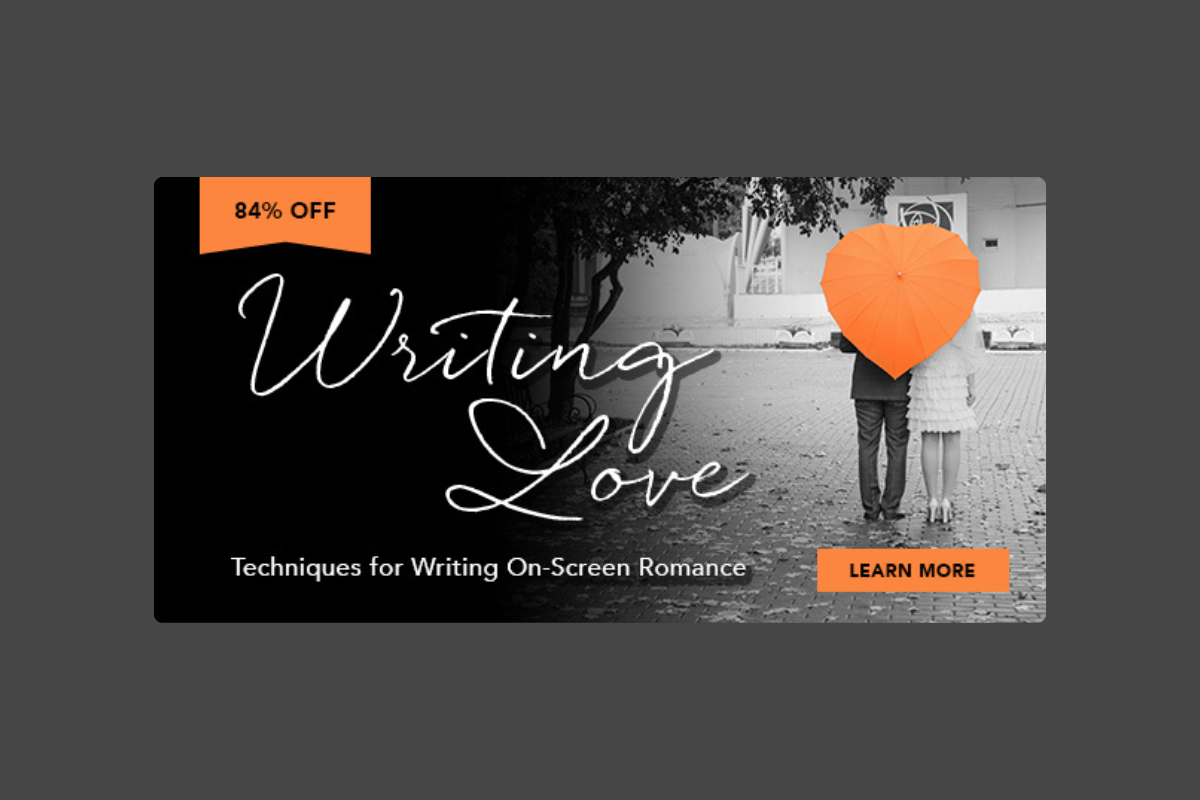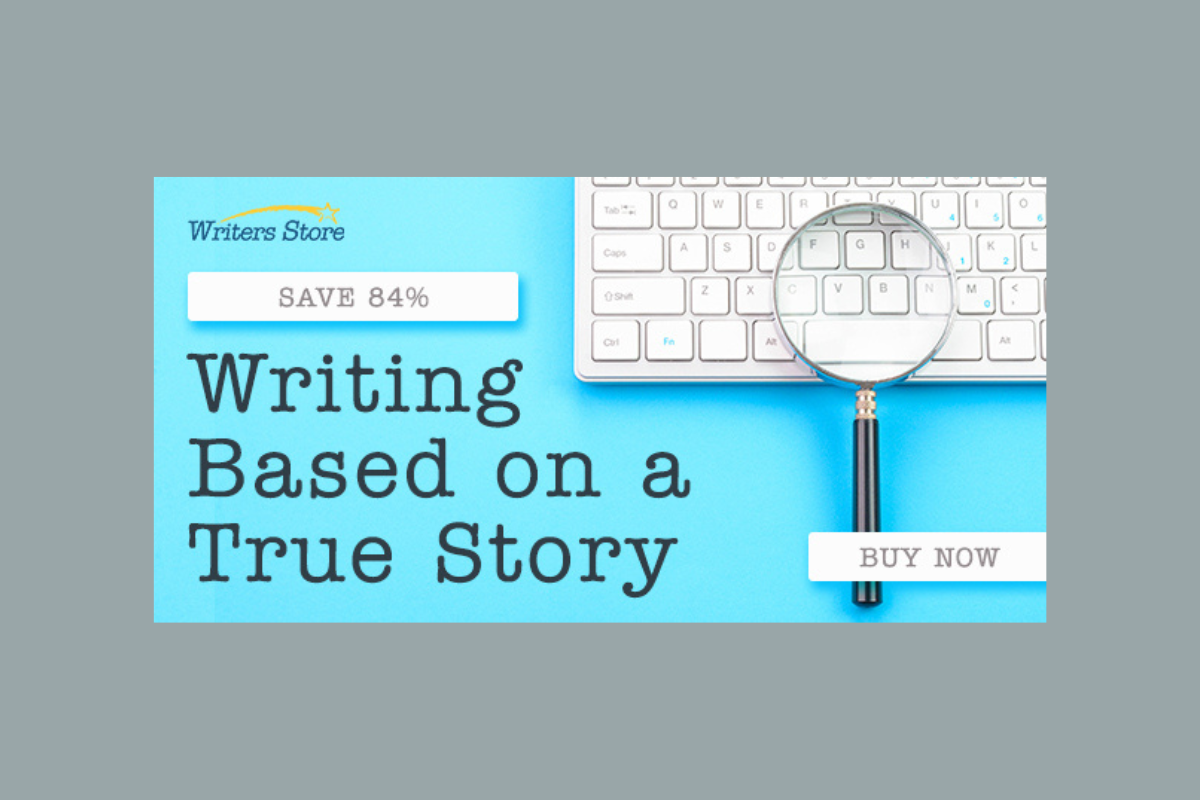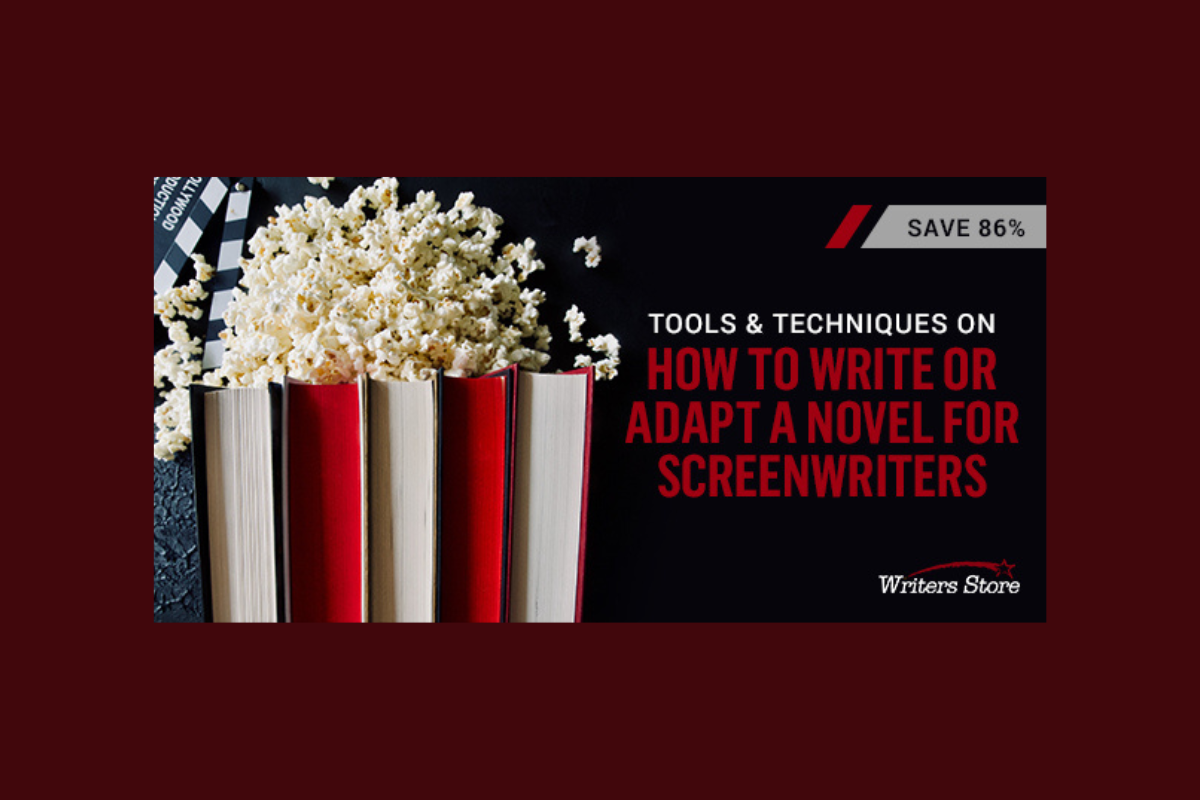How My Writing Accidentally Sent Me Spiralling
The words came easily – I’d had this idea in my head for years – but it was hitting harder than I expected.
I’ve been at this writing thing for a long time. I wrote for a TV show in 1989 when I’d just turned 22. So when I say the last thing I wrote impacted me the most emotionally, please know that statement comes after thousands and thousands of written pages.
It started innocently enough. I’ve taken myself back to college to finish the undergraduate degree I abandoned shortly before writing for that TV show. Who needs a media degree in Australia when you’re working in the media in Australia? Who knew I’d spend most of my adult life in the USA, where even prisoners get college degrees?
For my degree’s ‘senior project’ I decided to write a one act play about death. I’ve written a lot about death over the years, and I’m currently fascinated by our cultural fear of death, and passion to keep people alive, even when their quality of life is garbage. So I thought I’d write a play about a panel that approves people for euthanasia (they already exist in Europe), and have the Chairwoman of this panel deal with an application to die from her grown daughter.
As I wrote, I noticed it was harder than usual from an emotional standpoint. The words came easily – I’d had this idea in my head for years – but it was hitting harder than I expected. First, I grappled with the Mother’s decision, and whether to tell the audience or not. Then, I grappled with the daughter’s arguments, and counter arguments. I told myself I was having this internal reaction because I’m a father of teenage daughters, and the idea of ever having a conversation like this with one of them is obviously horrifying. But as it turns out, that wasn’t it.
When I was done with a draft I felt was acceptable to be read by actors over Zoom (part of the project requirements), I cried. Not a lot. But I felt tense and cold (my body’s way of handling stress), and far from comfortable. In the few days that followed, something inside me didn’t feel right. I lost my appetite, and I found I was struggling to figure out if life had any meaning. Yes, I went into the darker places, which sometimes I’m prone to do. It wasn’t dramatic or serious, but it was noticeable. I couldn’t figure out why, because I’d let the mother and daughter speak on paper, I’d had the awful chats, it was all done. So what was going on?
I was driving when it hit me. When I realized what was impacting me emotionally was not me as a Father. I realized it felt more like that one act play was as close as I’ve ever come to acknowledging the conversations I had with myself, during a very dark time in my childhood. There was a time when I was a young teenager where things weren’t great for me emotionally. Where any sort of future felt impossible. Most nights I would internally talk about options, and find reasons to keep going. I then rebuilt myself, and pushed on, but writing this script showed me the narrative I’ve constructed and shared about that time didn’t reveal the depth of the struggle. I’d gotten used to telling myself over decades that I had a bit of a moment, brushed myself off, and moved on with my life, when the reality had more depth, and honestly, much more pain.
During the recording of the Zoom – I shivered, even though it was eighty degrees. When it was done, I shared my story with actors, who all hung around on the Zoom (when they didn’t have to), and shared their stories related to death and suicide. It was surprisingly candid. At the time, I swore this script would never see the light of day again. But after hearing their stories, and hearing how the script impacted them, I’m having second thoughts. I’ve spoken about emotional connection to your work, I’ve written a book about it, and I’ve always insisted stories should make us feel stuff. But this script revealed even more than I realized.
I’m telling you this story, because I want you to understand that whatever you are writing probably connects to something inside you. Not necessarily a dark or painful moment, but something. You’re writing what you’re writing because there is something inside you that is demanding you keep going. You push through the days where you feel like the middle act will never make sense, or the character’s motivations you need them to have just aren’t coming, or the ending is frankly stupid. This is why we write. Sure, we also write to impress strangers, and maybe make some money – but none of that happens until you are able to impress yourself. To make yourself uncomfortable, or entertained, or sad, happy, angry, or shivering. Whatever.
You are unique, you have had all the feelings, and some of them strike you harder than others. Those are the feelings I encourage you to explore.
You might not figure out what’s going on until it’s done, or at least a draft is done, and that’s OK. Or you might never figure it all out, but at least you’ve created something that connects with other people, because the feelings are real, and can be shared and identified with.
I’m OK – please don’t worry. For the record, my teacher loved it, and shared her personal experiences with this topic too. When a stranger says your writing made them really think about something and face some painful emotions…well…that’s the best compliment you can get as a writer, isn’t it?
I didn’t enjoy this project, but it’s left me with a better understanding of me. I feel that if I can dig into this stuff and come out stronger…then my writing is heading in exactly the right direction. And maybe I’ll leave death alone for a while.
Tim Schildberger is an experienced writer, script coach, author and co-founder of Write LA - an annual screenwriting competition which gets winning writers read by Literary Managers. Tim works with writers to improve their emotional connection with their stories and characters - a crucial element needed to launch industry careers. He’s also a journalist, one of the key members of ‘Borat’, creator of ‘Lawrence of America' for the Travel Channel, host of the podcast ‘Script, Mate!’, and author of popular screenwriting book ‘The Audience and You’ available on Amazon and wherever good books are sold. In his spare time, Tim is a parent, tennis player, and fan of Australian Rules Football. For more of Tim's tips and opinions - Instagram: @writela







